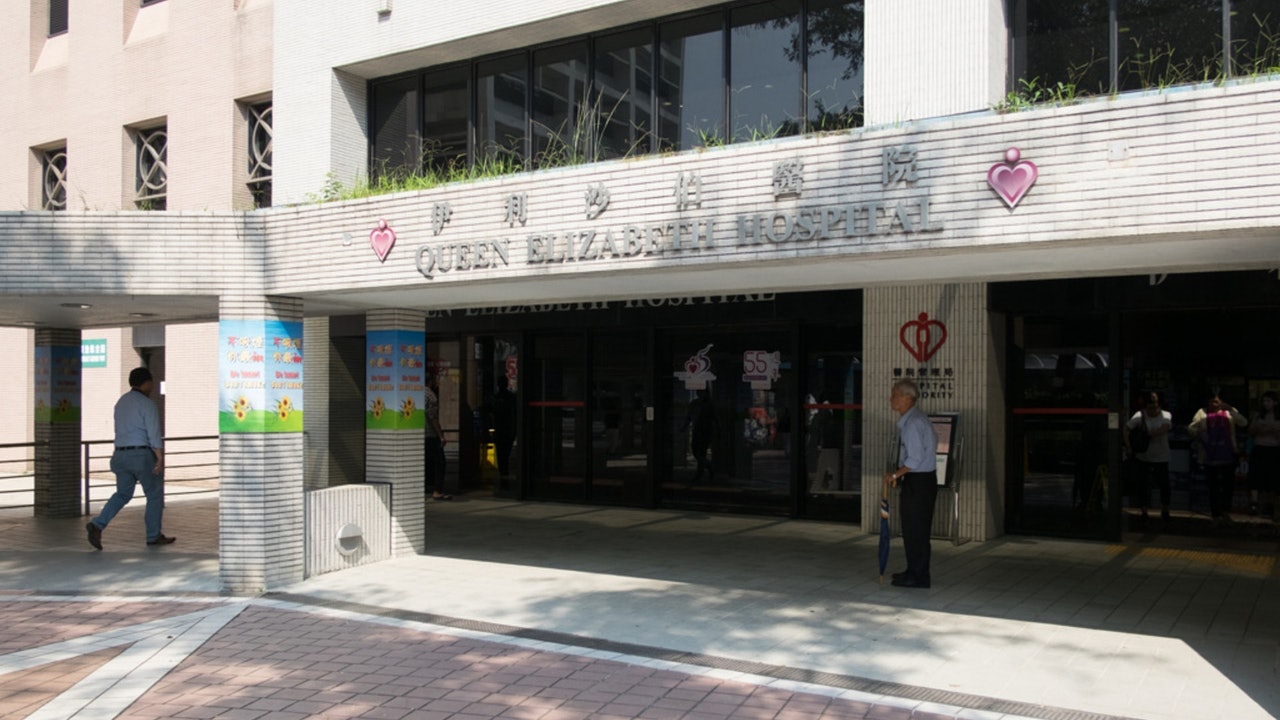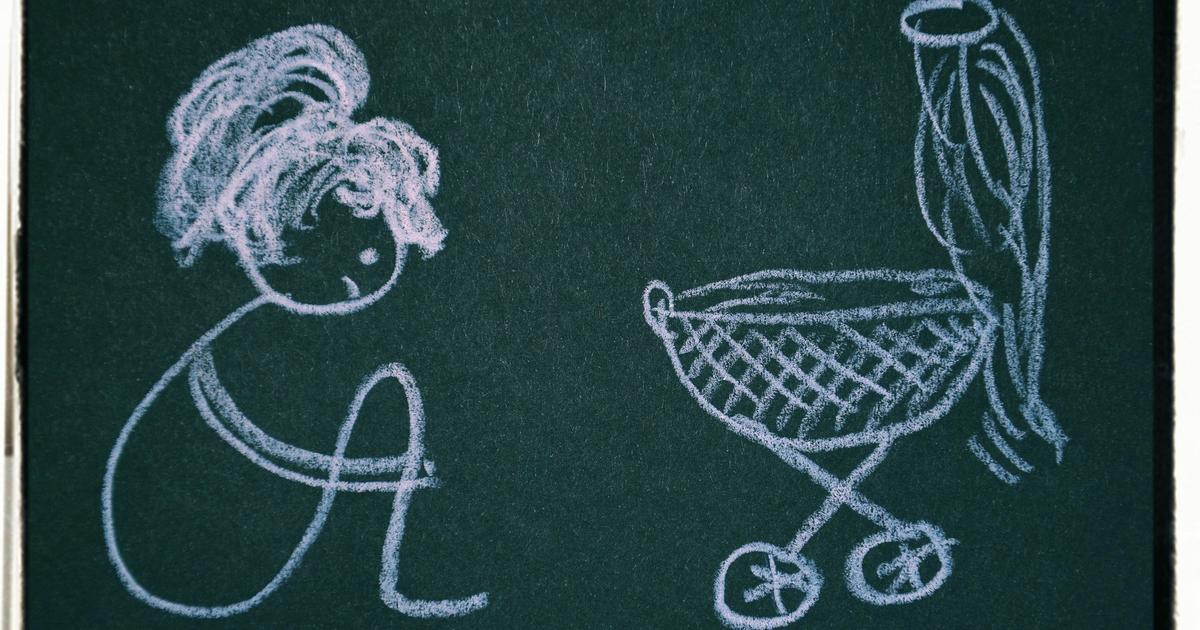A 38-week pregnant woman gave birth in Queen Elizabeth Hospital in 5 years, but died of massive bleeding. The death was caused by amniotic fluid entering blood. The death court held an inquiry on the incident.
The family of the deceased questioned that the hospital failed to diagnose the real cause of the bleeding that day.
Two experts on the family's side separately believed that the birth was a wrong decision, pointing out that "tragedy can be avoided completely" and that the hospital's continuous blood transfusion for the deceased during first aid is "reverse".
The hospital emphasized that amniotic fluid into the blood is very rare, even if it is detected early, the treatment method will not change significantly.
Coroner Zhou Huizhu today (29th) guided the jurors and provided them with 3 verdict options: death by nature, death by misfortune, and doubtful verdict.
And the jury began to withdraw from the court to discuss.
The deceased Liang Jinxiao (33 years old) gave birth to his daughter in Queen Elizabeth Hospital on November 28 and suffered heavy bleeding.
The hospital later removed Liang's uterus, and the heart stopped during the operation.
Liang Zai was sent to the Intensive Care Department. The hospital once offered to give up first aid, but Liang’s husband Zhong Dening refused. However, the initial medical report written by the hospital later stated that Liang’s condition had reached the "irreversible" stage and the death rate was 100%. , Zhong agreed to give up first aid, and Liang died on the 30th of the same month.
Zhou Guanjin pointed out that if the jurors believe that the amniotic fluid entering the blood is a disease of the deceased’s own body, regardless of whether the hospital provides timely diagnosis or appropriate treatment, Liang’s cause of death is still natural; and if the jurors believe that Liang’s amniotic fluid enters the blood, it is Injury is caused by the hospital’s intervention, such as inducing birth or using vacuum suction. The cause of death is misfortune.
Zhou Guan emphasized that whether the final verdict is accidental or unfortunate, it does not mean that the hospital has made any mistakes in the treatment process. Finally, if the jurors believe that the cause of the amniotic fluid into the blood is unknown, it is neither disease nor injury, it can be questioned. ruling.
Expert witness Lao Zixi on the family side pointed out that it was a wrong decision that gave birth to a tragedy that could be avoided
According to Liang’s medical records, the doctor’s diagnosis was postpartum hemorrhage, but the autopsy report stated that Liang died of amniotic fluid into the blood and had symptoms such as diffuse intravascular coagulation.
Zhong questioned the hospital’s failure to diagnose the real cause of hemorrhage early that day. However, Chen Congxin, a consultant obstetrics and gynecology consultant at the hospital, and many other doctors, all claimed that the chance of a pregnant woman with amniotic fluid entering blood was 1 in 40,000, and most of them could only Confirmed by post-mortem.
Several other doctors who dealt with Liang's case on the same day all pointed out that even if Liang knew that Liang had entered blood with amniotic fluid, his treatment methods would not change significantly.
Among them, Li Zijing, a resident of the Department of Obstetrics and Gynecology of the Iraqi Hospital, said that because the fetus had a short-term abnormal fetal heart rate, the hospital decided to induce birth and perform a vacuum suction operation.
Li also disagrees that injecting too much stimulant will increase the chance of amniotic fluid entering the blood.
However, Lao Zixi, an expert witness on the side of the family and an honorary professor of the Faculty of Medicine at the University of Hong Kong and CUHK, believes that Liang has not contracted after being injected with oxytocin, reflecting that he is not ready to give birth and should not over-stimulate uterine contractions.
And finally decided to have surgery as the "last straw," which caused Liang's heartbeat to stop.
Lao criticized: "tragedies can be avoided completely." He believes that the hospital made the wrong decision based on wrong thinking and did not refer to authoritative guidelines.
Lao also pointed out that the treatment methods adopted by the hospital at the time were also insufficient, and only provided supportive treatment, but lacked cardiopulmonary support.
+1
Another expert, Liang Yongchang, believes that the hospital has already "doed it and should do it in the wild"
Professor Kwong Wolin of the Department of Hematology and Oncology of the University of Hong Kong pointed out that Liang’s circulatory system was disordered and he was bleeding heavily. Doctors should consider Liang’s pulmonary embolism and then supplement the report with a coagulation report, knowing that there is a high possibility of the victim’s amniotic fluid entering the blood. Kuang therefore believed that the hospital had "serious negligence."
In addition, Kwong believes that the hospital's continuous blood transfusion for Liang during the emergency is a "reverse application." Because Liang's heart was difficult to transport blood to the lungs, a large amount of blood transfusion not only did not help, but it would affect Liang's chance of survival.
Leung Yongchang, an honorary clinical professor of obstetrics and gynecology at the University of Hong Kong and the Chinese University of Hong Kong, said that amniotic fluid into the blood is a very difficult diagnosis, and most of the results that can be confirmed are bad.
In addition, he believes that the performance of the Yiyuan hospital is at a "reasonable level," saying: "(Iyuan) should do it in the wild." He also pointed out that the only way to prevent amniotic fluid from entering the blood is to avoid pregnancy.
Case Number: CCDI-710/2016(SH)
The pregnant woman died after childbirth|Expert witness said that the diagnosis of amniotic fluid was difficult to diagnose in the Iraqi hospital. The pregnant woman died after childbirth|The expert said that the patient’s condition was unnecessary to give birth. The tragedy could completely avoid the woman’s death after childbirth. Early detection can avoid the death of the woman after delivery





/cloudfront-eu-central-1.images.arcpublishing.com/prisa/UREUQKOLLBGPJFKWCKLQ5LDUV4.jpeg)







